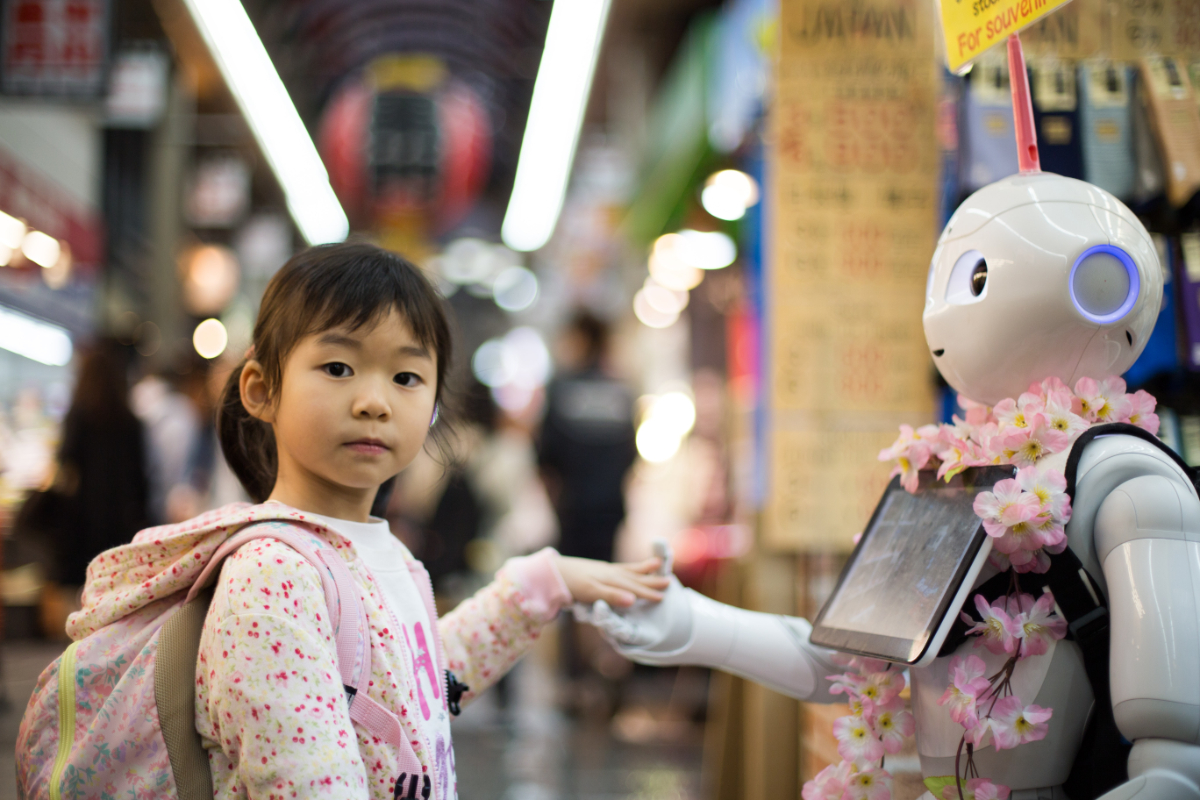Is AI really something to fear?

A few weeks ago, there was an article in The Times from a financial services consultant bemoaning how worried they were about Artificial Intelligence and how this was in danger of impinging workers’ rights, and therefore why legislation is needed to restrict the inevitable march on humanity. No solution was proffered in the article, no clear path to this people-focused utopia (other than driverless cars, which is an odd example – what about people who like driving?), so it read like a “Worried from Tunbridge Wells” dystopian piece that somehow made it into the national press.
Decide what you want from AI before it makes the decision for you | Business | The Times
This is not to say there is an underlying point, and clearly it taps into concerns around responsible AI. However, having been part of the consultation with the Department of Digital, Culture, Media & Sport on the New Direction for Data white paper to inform the national strategy or AI, it’s very clear that responsible AI is a key part of the UK Government’s plans, and how this will focus on how AI benefits people, rather than the other way around. Nor is this limited to the UK; the EU’s proposed Artificial Intelligence Act, published last year, specifically looks to limit usage of AI that would be clearly detrimental to individuals, particularly in the public realm, employment and banking and financial services.
So, to answer that concern, such considerations around responsible AI and reducing negative impact is already part of the Government’s roadmap. Legislation doesn’t happen overnight, to be sure, but regulation around AI impacting people will come. Forward-thinking businesses will start to plan these considerations into their people-focused parts of their business; HR and employment, certainly, but also customer-focused AI, particularly in financial services and government, where the risk of harm to an individual due to an algorithm (for instance, credit scoring or profiling) would be clearest.
However, there is perhaps a more pressing reason for businesses to focus on responsible AI and how this can help people. The Great Resignation, as it has been dubbed, is a people-led response to the pandemic, as many reprioritise their lives in relation to work. This is causing many organisations a lot of HR challenges at the moment. One possible response to such a challenge would be to work out how to automate many roles, reducing the dependency on human resource. However, whilst this might be theoretically possible for some, more manual, roles, in principle companies will always remain, well, companies – where people go for like-minded companionship and a sense of belonging. So, it is practically impossible to create a business without people. But businesses can make their employees’ lives easier.
At the same time, clearly AI is here to stay, and can deliver a lot of value in streamlining tasks, and automating activities that are particularly dull, or indeed dangerous, for people to conduct. Natural Language Processing, for instance, can enable businesses to “read” and classify vast amount of written information that would take people a huge amount of time, all whilst actually reducing the number of errors that would be made. Similarly, the development in the usage of digital twins in a whole range of sectors (utilities, manufacturing, telco, government, retail) has made predicting when maintenance might be required on infrastructure easier, and safer.
Smart business leaders are looking to combine these two trends, by working out ways in which to help staff spend less time doing mundane tasks, and more time on higher-value tasks. It was interesting to read another article today in The Times by Professor Sir Mike Richards, the former “cancer tsar” – perhaps Chief Oncologist would be better – talking about how the NHS needs to adopt a practice of Working From Home for some types of tasks to manage how people are employed by the Health Service. Whilst ostensibly this is about how the NHS adapts a hybrid working culture, it’s also about how it adapts and uses technology. It’s well known that AI can be more accurate in spotting cancer tumours than many trained doctors, so the question is how Machine Learning tools can be used to drive efficiencies and to enable a flexible working culture.
Call for WFH medical consultants | News | The Times
As a Global economy, we simply need to find ways to make the new technology work for us to improve our lives and our jobs, and Governments across the world will play an important part in that, to help protect the rights of people and to legislate the new technology.


